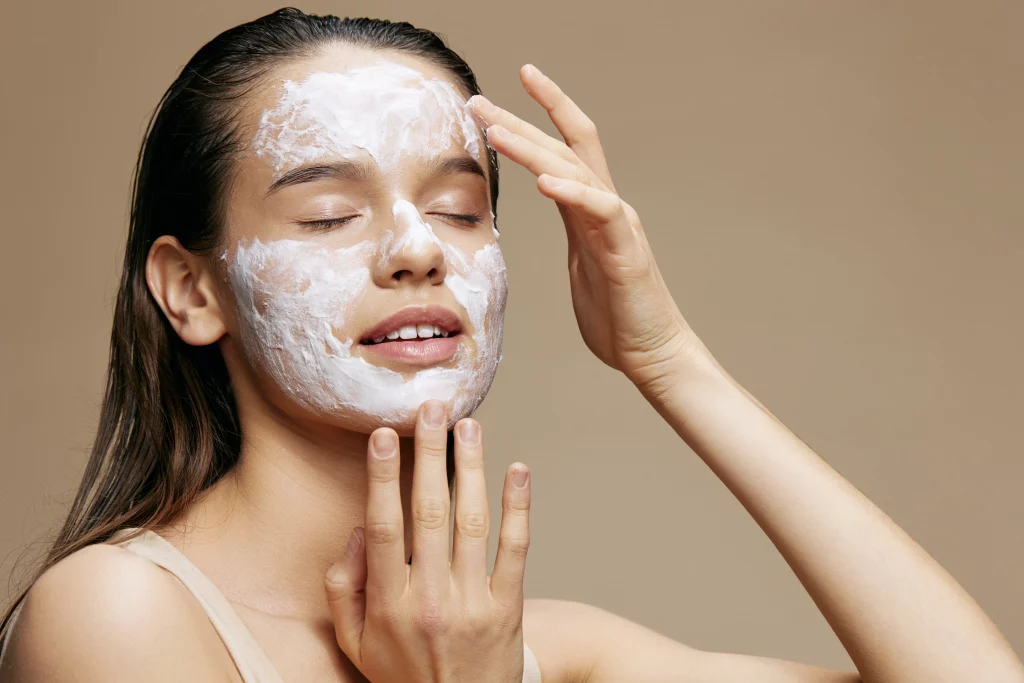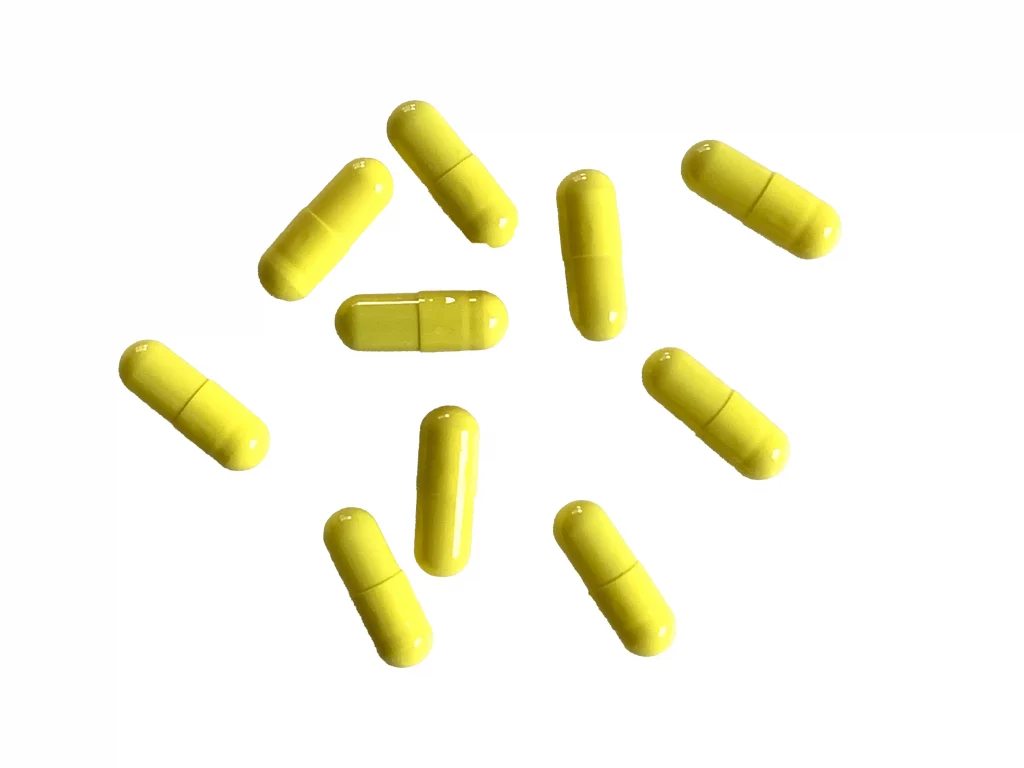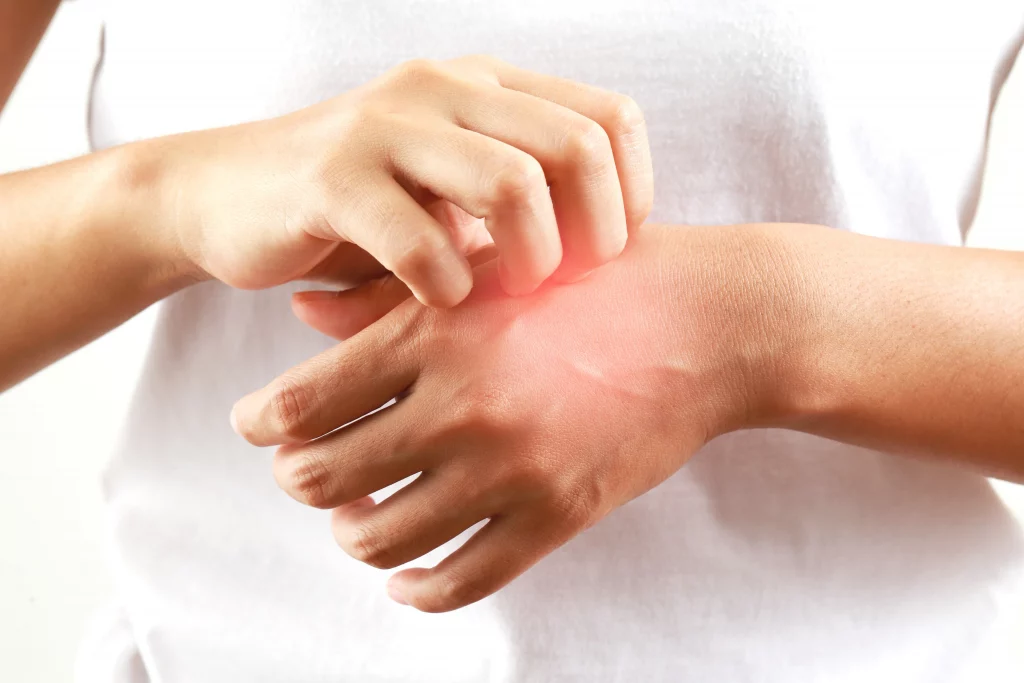Skin bleaching is the practice of lightening skin tone by using chemical substances. It is also known as skin whitening, skin lightening, or complexion lightening. Skin bleaching products have become more prevalent nowadays. There are many reasons why women may choose to bleach their skin, including improving their appearance and boosting their self-confidence. However, they can also have harmful side effects like skin irritation, discoloration, and even skin cancer. Therefore, it is essential to be aware of the risks before deciding whether to use skin bleaching products.
There are two main types of skin lightening treatment: topical and oral. Topical skin lightening products are applied to the skin, while oral skin lightening products are taken by mouth.

Topical skin-lightening products include creams, lotions, gels, serums, and soaps. These products contain chemicals that help lighten the skin by reducing melanin production. Hydroquinone is the most common active ingredient in topical bleachers. It works by inhibiting melanin production, the pigment that gives skin its color. Hydroquinone is available in both over-the-counter (OTC) and prescription formulations. Some OTC hydroquinone products contain a 2% ingredient concentration, while prescription products may contain up to 4% concentration.
Hydroquinone is considered safe for use when used as directed. However, it can cause side effects such as skin irritation, redness, and dryness. In rare cases, it may also cause ochronosis, which results in blue-black patches on the skin. Therefore, it is essential to consult with a dermatologist before using hydroquinone products.
Kojic acid is another common active ingredient in topical products. It works by inhibiting melanin production and is effective in lightening the skin. Some kojic acid products contain other components, such as hydroquinone, vitamin C, and retinoids. Kojic acid is available in both OTC and prescription formulations.
Like hydroquinone, kojic acid can cause side effects like skin irritation, redness, and dryness. In rare cases, it may also cause contact dermatitis. Therefore, it is essential to consult with a dermatologist before using kojic acid products.
Arbutin is a plant-derived compound that is sometimes used as an active ingredient in topical skin lighteners. It works by inhibiting melanin production and is effective in lightening the skin. Arbutin is available in both OTC and prescription formulations. Some arbutin products contain other ingredients, such as hydroquinone, kojic acid, and vitamin C.
Arbutin can cause side effects such as skin irritation, redness, and dryness. Therefore, it is essential to consult with a dermatologist before using arbutin products.
Topical retinoids treat melasma, a condition that causes brown or gray patches on the skin. Retinoids work by increasing cell turnover and inhibiting melanin production. Topical retinoids are available in both OTC and prescription formulations. Some topical retinoids contain other ingredients, such as hydroquinone, kojic acid, and arbutin.
Retinoids can cause side effects such as skin irritation, redness, and dryness. In rare cases, they may also cause contact dermatitis. Therefore, it is essential to consult with a dermatologist before using retinoids.
Oral skin lightening products include pills and capsules. These products contain chemicals that help lighten the skin by reducing melanin production. Hydroquinone is the most common active ingredient in oral products. It works by inhibiting melanin production, the pigment that gives skin its color. Hydroquinone is available in both over-the-counter (OTC) and prescription formulations. Some OTC hydroquinone products contain a 2% ingredient concentration, while prescription products may contain up to 4% concentration.

Vitamin C is sometimes used as an active ingredient in oral skin lighteners. It works by inhibiting melanin production and is effective in lightening the skin. Vitamin C is available in both OTC and prescription formulations. Some vitamin C products contain other ingredients, such as hydroquinone, kojic acid, and arbutin.
Vitamin C can cause side effects such as gastrointestinal upset, headaches, and dizziness. In rare cases, it may also cause contact dermatitis. Therefore, it is essential to consult with a dermatologist before using vitamin C products.
The treatments can have many benefits. They can help:
- Lighten the skin
- Improve the appearance of age spots, sun spots, and other pigmentation problems
- Even out the skin tone
- Boost confidence and self-esteem

- Skin irritation
- Redness
- Dryness
- Ochronosis (blue-black patches on the skin)
- Contact dermatitis
Therefore, it is essential to consult with a dermatologist before using any skin lighteners or undergoing any skin lightening treatments.